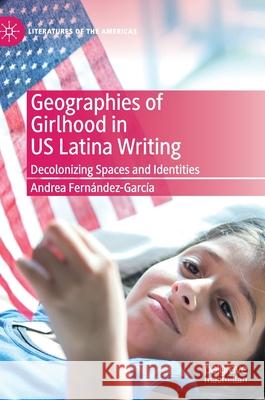Geographies of Girlhood in Us Latina Writing: Decolonizing Spaces and Identities » książka
topmenu
Geographies of Girlhood in Us Latina Writing: Decolonizing Spaces and Identities
ISBN-13: 9783030201067 / Angielski / Twarda / 2019 / 198 str.
Geographies of Girlhood in Us Latina Writing: Decolonizing Spaces and Identities
ISBN-13: 9783030201067 / Angielski / Twarda / 2019 / 198 str.
cena 281,10
(netto: 267,71 VAT: 5%)
Najniższa cena z 30 dni: 269,85
(netto: 267,71 VAT: 5%)
Najniższa cena z 30 dni: 269,85
Termin realizacji zamówienia:
ok. 22 dni roboczych.
ok. 22 dni roboczych.
Darmowa dostawa!
Kategorie:
Kategorie BISAC:
Wydawca:
Palgrave MacMillan
Seria wydawnicza:
Język:
Angielski
ISBN-13:
9783030201067
Rok wydania:
2019
Wydanie:
2020
Numer serii:
000473312
Ilość stron:
198
Waga:
0.40 kg
Wymiary:
21.01 x 14.81 x 1.27
Oprawa:
Twarda
Wolumenów:
01
Dodatkowe informacje:
Wydanie ilustrowane











